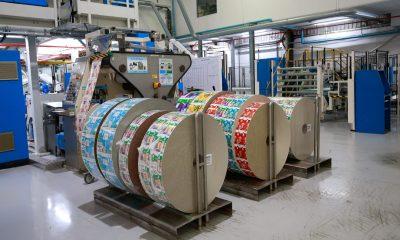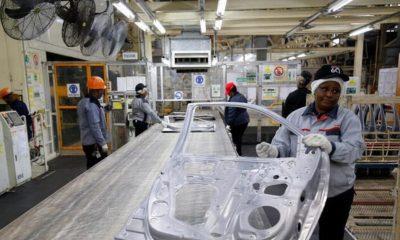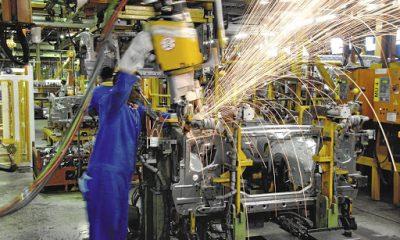Business
Absa PMI Decline Sparks Economic Concerns for South Africa in 2025

South Africa’s economic outlook for 2025 is under scrutiny after the Absa Purchasing Managers’ Index (PMI) for December 2024 revealed a sharp contraction. The index fell by 1.9 points to 46.2, staying firmly in contractionary territory and signaling ongoing struggles in the manufacturing sector.
The decline aligns with findings from the S&P South Africa Global PMI, which also pointed to a slowdown in business activity. Economists warn that these trends could significantly impact the country’s economic growth in the coming year.
Manufacturing Sector Volatility in 2024
The Absa report showed that the Q4 average PMI stood at 49 points, slightly below Q3’s 49.8 but higher than the first half of 2024. December’s dip follows an encouraging upward trend seen in September and October, now reversed by two consecutive monthly declines.
Key takeaways from the December data include:
- The business activity index dropped 8.7 points to 40.3, reflecting a steep fall in production due to weakened demand.
- The new sales orders index fell to 37.4 points from 45.9 in November, with export sales dropping sharply.
- The purchasing price index declined by 1.3 points to 60.4, despite a weaker rand and increased fuel costs.
Absa economists noted that some respondents found December’s conditions worse than usual for the month, a sentiment echoed in export sales data returning to levels last seen in early 2024.
Economic Experts React
Dawie Roodt, chief economist at Efficient Group, expressed disappointment with the Absa PMI figures, which dashed hopes for stronger economic growth in Q4 2024.
“I expected an uptick in economic growth in the final quarter of 2024. Now, it looks like we might end the year with only 0.6% GDP growth, far below earlier predictions,” Roodt said.
Similarly, David Owen, senior economist at S&P Global Market Intelligence, remarked that the South African economy “lost steam” in December.
“New orders stalled due to muted demand, while businesses faced rising wage and transport costs,” Owen explained.
Lagging Effects of Inflation and Policy Caution
Professor Irrshad Kaseeram from the University of Zululand attributed the manufacturing decline to inflationary pressures and higher costs for inputs, wages, and transport.
“These factors have contributed to the South African Reserve Bank’s caution in reducing the repo rate, further dampening economic momentum,” Kaseeram said.
Looking Ahead to 2025
The manufacturing sector’s downturn raises serious questions about South Africa’s growth prospects in 2025. Policymakers and businesses will need to address persistent challenges, including subdued demand, rising costs, and export struggles, to restore confidence in the sector.
Follow Joburg ETC on Facebook, Twitter , TikTok and Instagram
For more News in Johannesburg, visit joburgetc.com



























